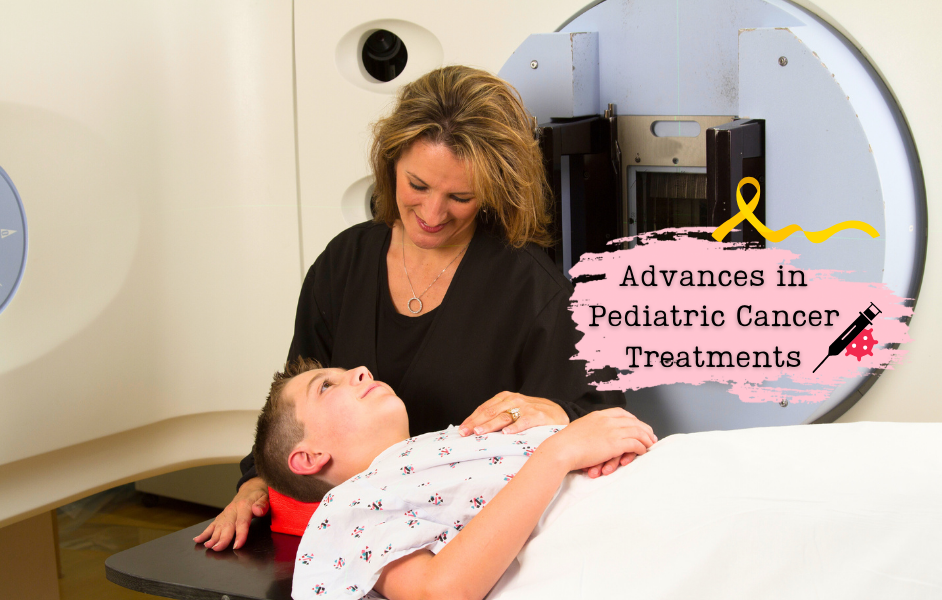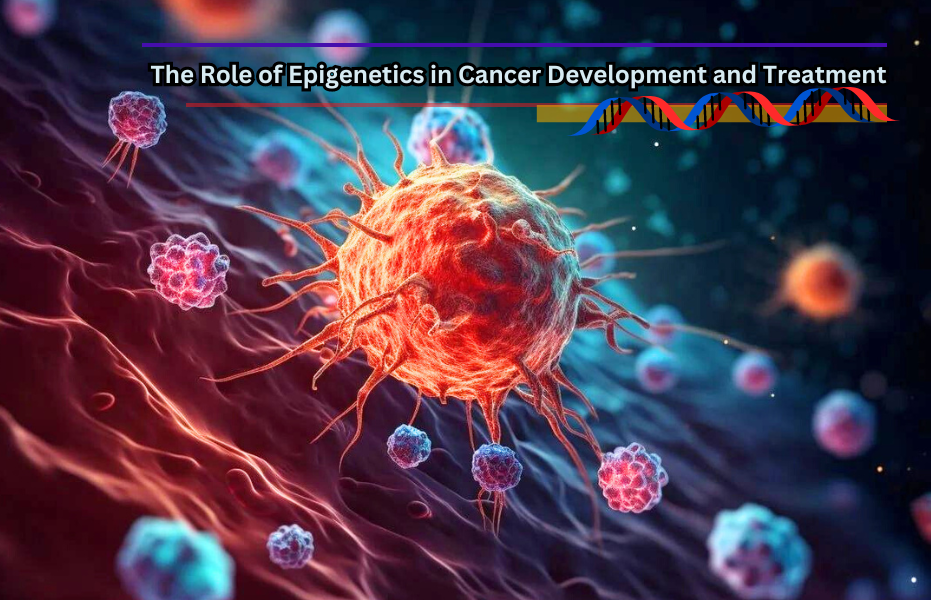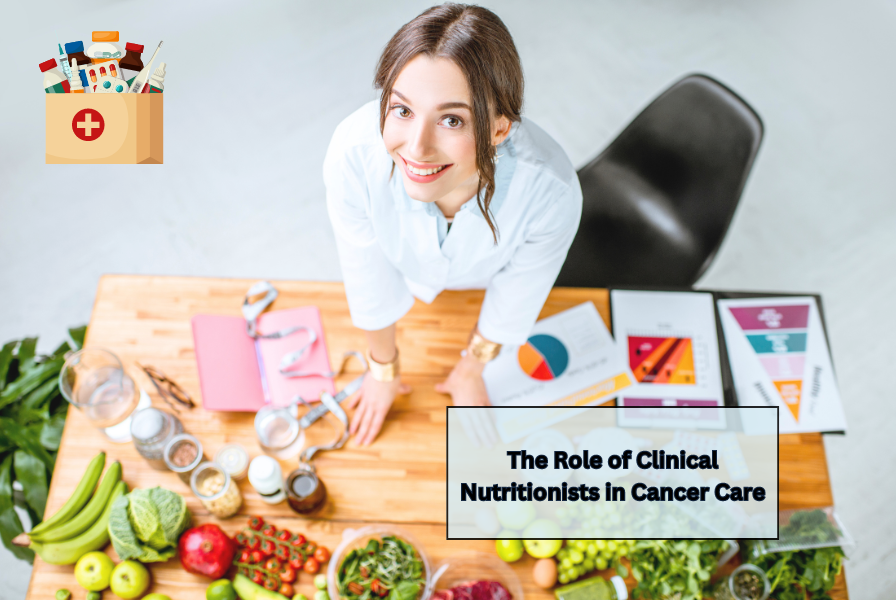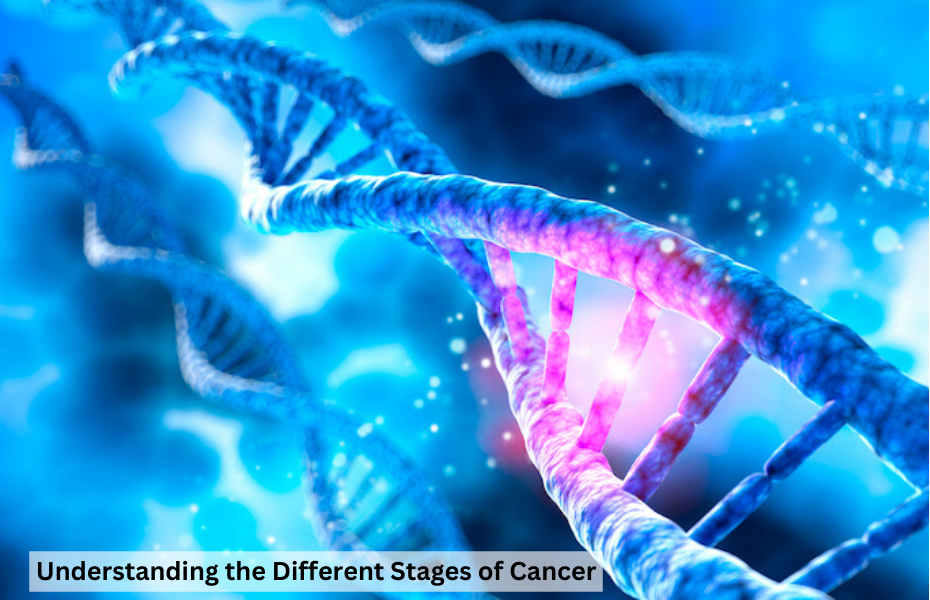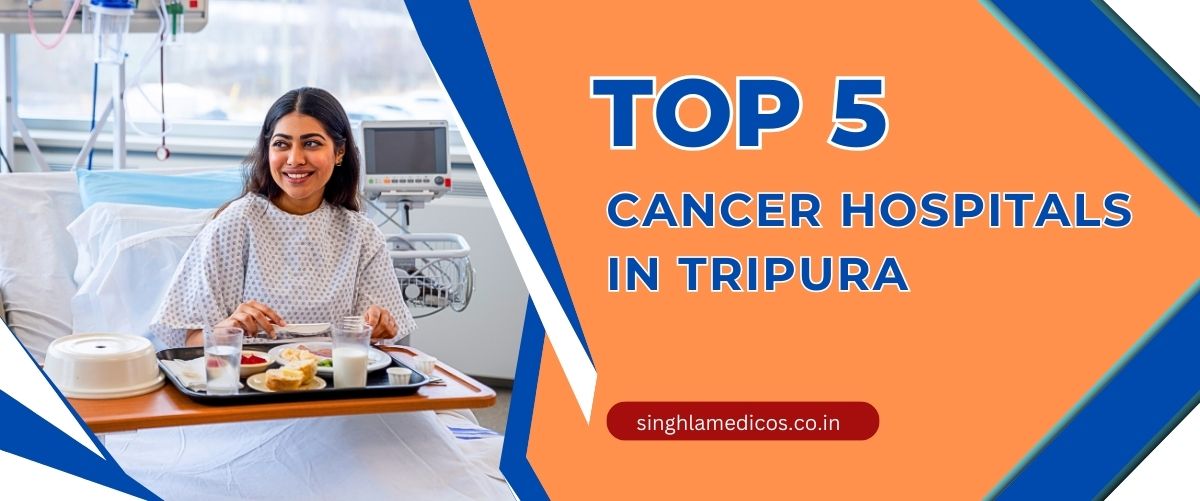BLOG
Exploring the Use of Plant-Based Compounds in Cancer Medicines
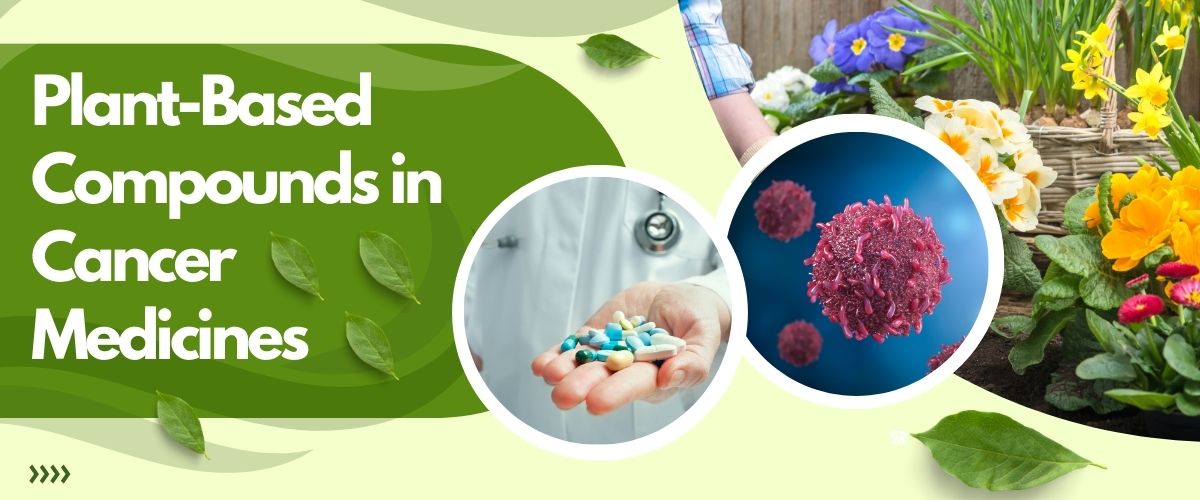
Cancer, a disease that touches nearly every corner of the globe, has spurred scientists and researchers to explore all possible avenues for effective treatments. Among these avenues, one of the most promising and intriguing is the use of plant-based compounds. The idea that nature could hold the key to battling cancer isn’t just a notion rooted in folklore; it’s supported by an ever-growing body of scientific evidence. Let’s dive into the fascinating world of plant-based cancer medicines and explore how these natural compounds are making their mark in the fight against cancer.
A Brief History: Nature as Medicine
The use of plants for medicinal purposes is as old as humanity itself. Ancient civilizations, from the Egyptians to the Chinese, relied heavily on plant-based remedies to treat a variety of ailments, including cancer. For centuries, plants have been the primary source of medicines, long before synthetic drugs became prevalent. In fact, some of the most effective cancer treatments we have today, like the chemotherapy drugs paclitaxel (derived from the Pacific yew tree) and vincristine (from the periwinkle plant), have their roots in nature.
The Science Behind Plant-Based Cancer Medicines
What makes plants so powerful in the fight against cancer? The secret lies in their unique chemical compounds, known as phytochemicals. These compounds are produced by plants as a defense mechanism against pests, diseases, and environmental stressors. When humans consume these plants, the phytochemicals can have a range of beneficial effects, including anti-cancer properties.
Here’s a closer look at some of the most studied plant-based compounds and their potential in cancer treatment:
1. Curcumin (from Turmeric):
- What it is: Curcumin is the active ingredient in turmeric, a spice commonly used in Indian cuisine.
- How it works: Curcumin has been shown to inhibit the growth of cancer cells and prevent metastasis (the spread of cancer to other parts of the body). It also has anti-inflammatory properties, which can help in reducing the risk of cancer.
2.Resveratrol (from Grapes):
- What it is: Resveratrol is a compound found in the skins of red grapes, as well as in berries and peanuts.
- How it works: Resveratrol has been found to interfere with the ability of cancer cells to grow and divide. It also induces apoptosis (programmed cell death) in cancer cells, which is a key mechanism for preventing cancer progression.
3.Cannabinoids (from Cannabis):
- What it is: Cannabinoids are compounds found in the cannabis plant.
- How it works: Some cannabinoids have been shown to have anti-tumor effects, including the ability to inhibit the growth of cancer cells. They can also help manage symptoms related to cancer and its treatment, such as pain, nausea, and appetite loss.
4.Quercetin (from Onions, Apples, and Tea):
- What it is: Quercetin is a flavonoid found in many fruits, vegetables, and grains.
- How it works: Quercetin has been shown to block the growth of cancer cells and induce apoptosis. It also enhances the effectiveness of certain chemotherapy drugs, making it a valuable addition to cancer treatment regimens.
5.Epigallocatechin Gallate (EGCG) (from Green Tea):
- What it is: EGCG is a type of catechin found in green tea.
- How it works: EGCG is known for its potent antioxidant properties, which can protect cells from damage that may lead to cancer. It also inhibits the growth of cancer cells and promotes their destruction.
The Future of Plant-Based Cancer Medicines
As research continues, scientists are discovering more about how these and other plant-based compounds can be harnessed to develop new cancer treatments. One of the most exciting areas of research is the potential for combining plant-based compounds with conventional cancer treatments. For example, combining curcumin with chemotherapy has been shown to enhance the effectiveness of the treatment while reducing its side effects.
Another promising area is the use of plant-based compounds in personalized medicine. With advances in genetic testing and molecular biology, it’s becoming possible to tailor cancer treatments to the specific genetic makeup of an individual’s cancer. This could mean that in the future, a cancer patient might receive a treatment regimen that includes a customized combination of plant-based compounds and other therapies, designed specifically for their unique cancer.
Challenges and Considerations
While the potential of plant-based cancer medicines is immense, there are challenges to consider. The potency of these compounds can vary depending on the source of the plant, how it’s grown, and how the compound is extracted and prepared. Additionally, the interactions between plant-based compounds and other medications need to be thoroughly studied to avoid any adverse effects.
Moreover, the regulation of plant-based medicines is not as stringent as that of synthetic drugs, which can lead to inconsistencies in quality and efficacy. It’s crucial for patients and healthcare providers to rely on treatments that have been scientifically validated and approved by regulatory bodies.
Conclusion: Nature’s Pharmacy in the Fight Against Cancer
The exploration of plant-based compounds in cancer treatment is a testament to the power of nature and the potential it holds for human health. As research continues to unlock the secrets of these natural compounds, we may find that the most effective cancer treatments come not from a lab, but from the earth beneath our feet.
As we look to the future, the integration of plant-based medicines into conventional cancer treatment regimens could revolutionize the way we approach this complex disease. By combining the wisdom of nature with the advancements of modern science, we can offer new hope to those affected by cancer. Whether as a complement to traditional treatments or as the foundation for new therapies, plant-based compounds are poised to play a significant role in the ongoing battle against cancer.
So, the next time you sip a cup of green tea or sprinkle turmeric on your meal, remember—you’re not just enjoying a healthy addition to your diet. You’re also embracing the power of plants, which might one day be the key to curing cancer.
(FAQ) plant-based cancer medicines
1. Are plant-based cancer medicines safe to use alongside conventional treatments?
Answer: Generally, many plant-based compounds can be used safely alongside conventional cancer treatments, but it's essential to consult with your healthcare provider first. Some plant-based compounds might interact with chemotherapy, radiation, or other medications, either enhancing or reducing their effectiveness. Your doctor can help you determine the safest and most effective way to incorporate plant-based medicines into your treatment plan.
2. Can plant-based medicines cure cancer on their own?
Answer: While plant-based compounds have shown promise in fighting cancer, they are typically not a cure on their own. They are most effective when used as part of a comprehensive treatment plan, which may include surgery, chemotherapy, radiation, and other therapies. Research is ongoing, and in the future, some plant-based compounds may play a more central role in cancer treatment.
3. What are some examples of plant-based compounds currently used in cancer treatments?
Answer: Several plant-based compounds are already used in cancer treatments. For example, paclitaxel, derived from the Pacific yew tree, is a well-known chemotherapy drug. Other examples include vincristine from the periwinkle plant and curcumin from turmeric. These compounds have been scientifically validated for their anti-cancer properties and are used in various treatment regimens.
4. Are there any side effects associated with plant-based cancer medicines?
Answer: Like all medicines, plant-based cancer treatments can have side effects. The nature and severity of these side effects vary depending on the specific compound, dosage, and individual patient. Common side effects might include digestive issues, allergic reactions, or interactions with other medications. It’s important to discuss any new treatments, including plant-based ones, with your healthcare provider to understand the potential risks.
5. How can I ensure the quality and safety of plant-based cancer medicines?
Answer: To ensure quality and safety, it’s crucial to use plant-based cancer medicines that have been standardized, clinically tested, and approved by relevant health authorities. Avoid unregulated supplements or treatments from unverified sources, as these can vary in potency and purity. Always purchase from reputable companies and consult with your healthcare provider before starting any new treatment.
RELATED PRODUCTS
-
 Asviia Injection
Asviia Injection
₹22,401.00Original price was: ₹22,401.00.₹16,100.00Current price is: ₹16,100.00. -
 Bdpazo 400mg Tablet
Bdpazo 400mg Tablet
₹3,510.00Original price was: ₹3,510.00.₹2,850.00Current price is: ₹2,850.00. -
 Bevacirel 400mg Injection
Bevacirel 400mg Injection
₹56,889.56Original price was: ₹56,889.56.₹12,500.00Current price is: ₹12,500.00.
Treatment and Success Rate of Stomach Cancer
-
Posted by
admin
- 0 comments
Advances in Pediatric Cancer Treatments: A Beacon of Hope for Young Lives
-
Posted by
admin
- 0 comments
The Role of Epigenetics in Cancer Development and Treatment
-
Posted by
admin
- 0 comments
Coping Strategies for Patients and Families Dealing with a Cancer Diagnosis
-
Posted by
admin
- 0 comments
Understanding the Combination of Temozolomide and Radiation Therapy
-
Posted by
singhladistributors
- 0 comments
Cancer Screening Guidelines: Who Should Get Tested and When?
-
Posted by
admin
- 0 comments
The Role of Clinical Nutritionists in Cancer Care
-
Posted by
admin
- 0 comments
Understanding the Different Stages of Cancer
-
Posted by
admin
- 0 comments
How to Access Experimental Cancer Drugs Through Clinical Trials
-
Posted by
admin
- 0 comments
Top 5 Cancer Hospitals in Tripura
-
Posted by
admin
- 0 comments
Top 5 Heart Hospitals in India
-
Posted by
admin
- 0 comments
Understanding Kidney Cancer: Symptoms, Causes, Treatment, and Medicines
-
Posted by
admin
- 0 comments



